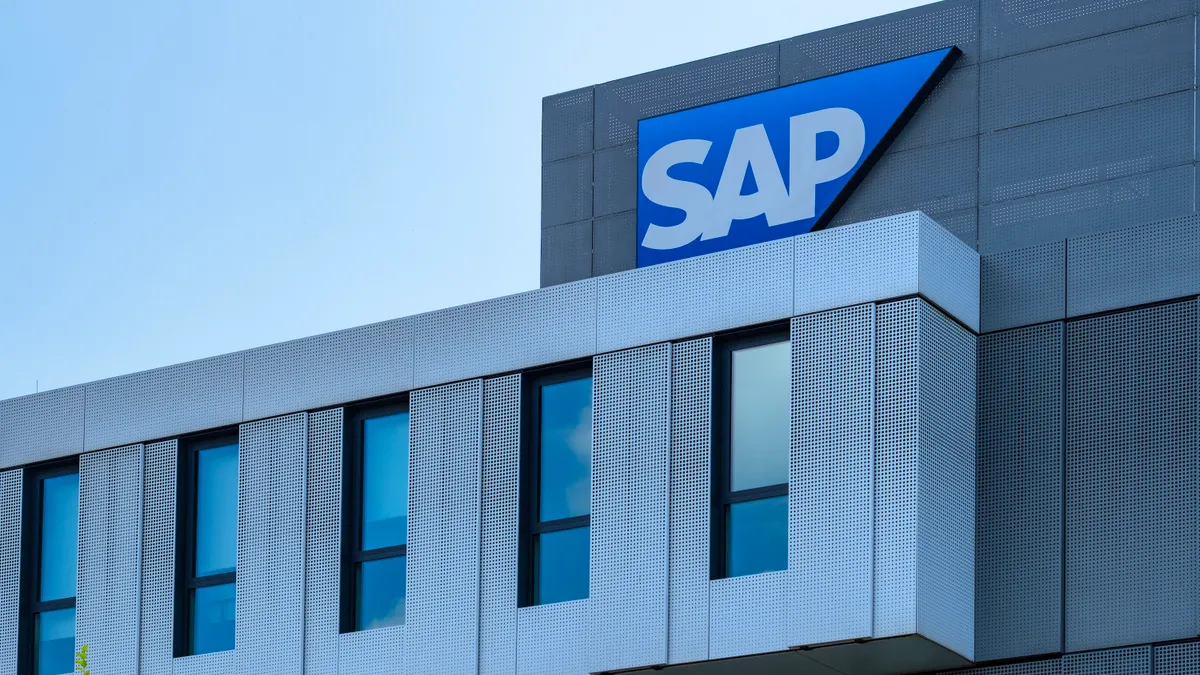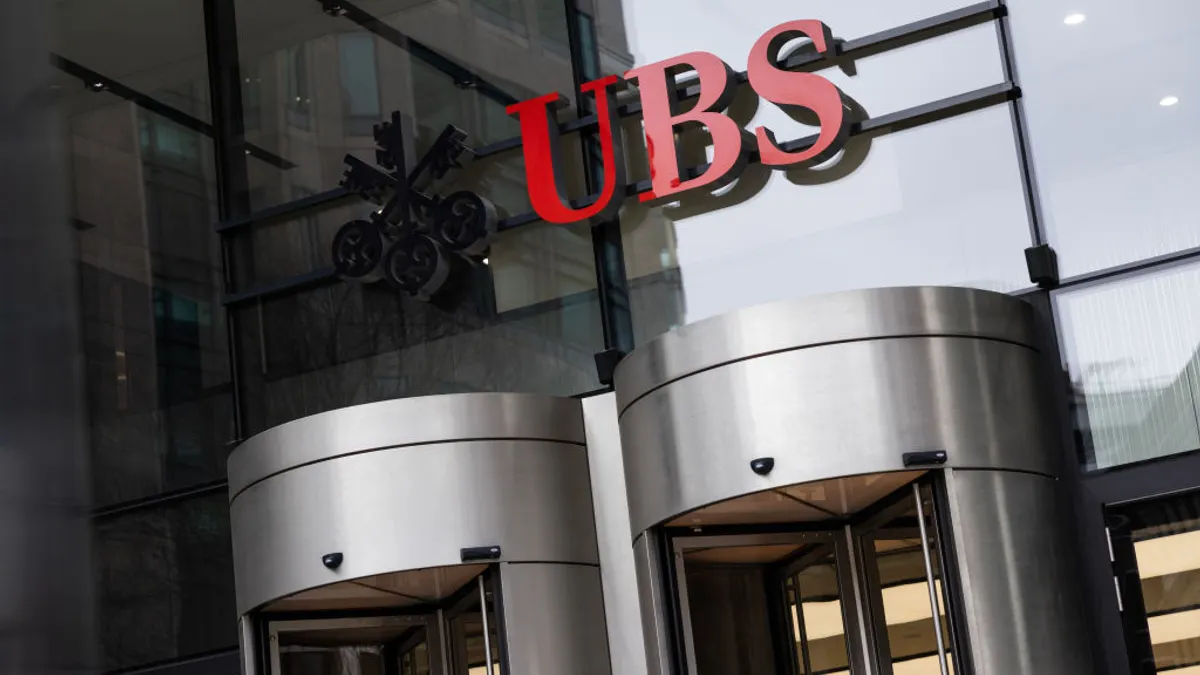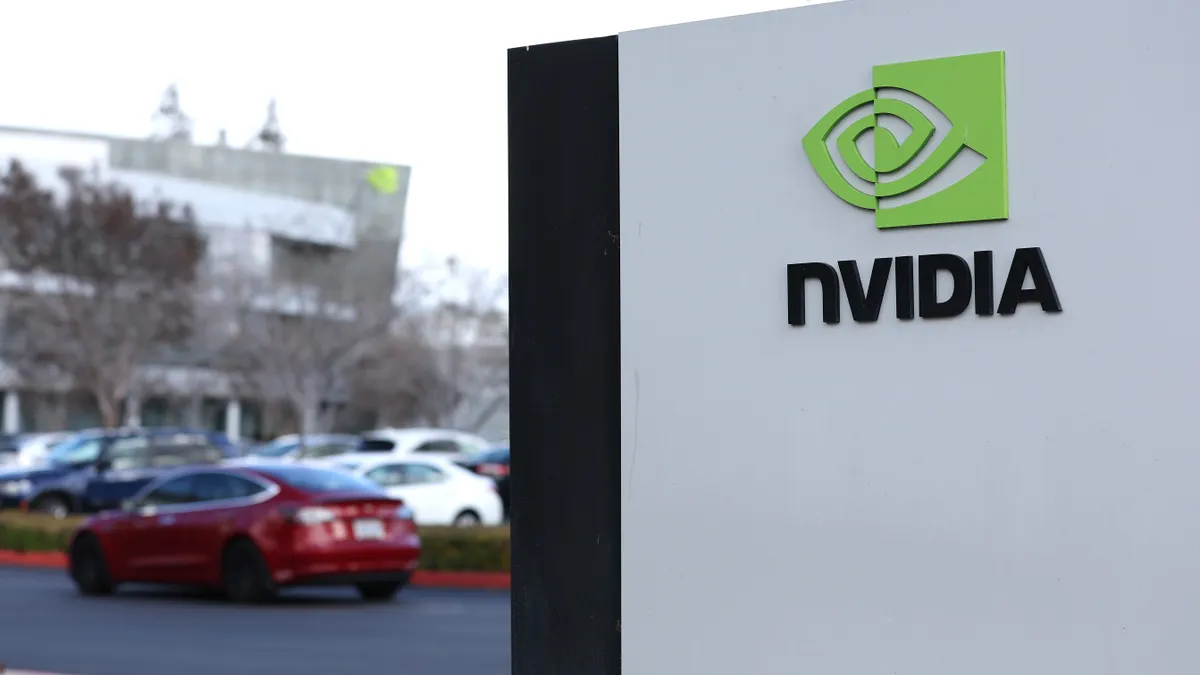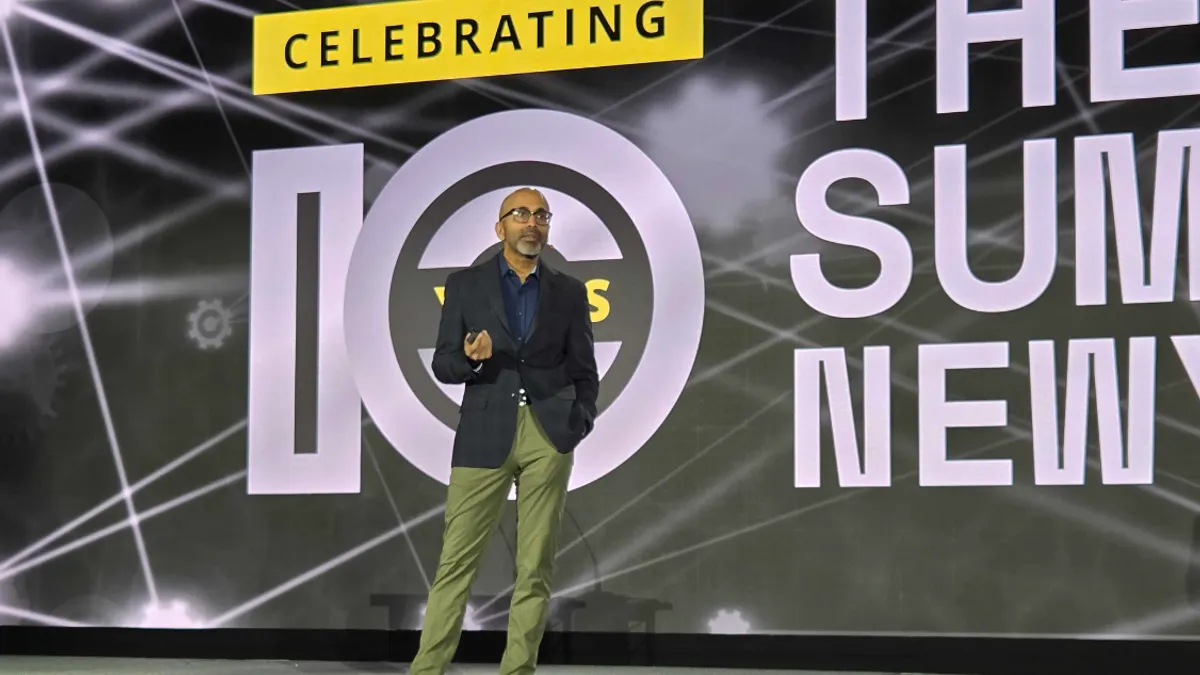CarMax Inc., the nation's largest retailer of used cars, spent the past few years dramatically changing the way employees work together.
It's "shocking the system," Shamim Mohammad, senior vice president and chief information and technology officer of CarMax, told CIO Dive.
Now the company is applying the same kind of radical thinking to change the way consumers buy used cars. Richmond, Virginia-based CarMax is rolling out an omnichannel business model allowing customers three options to buy a used car 100% online, start online and finish in the store, or start in the store and finish online.
The IT journey to the new business model began several years ago, when CarMax moved away from the traditional IT focus on implementing projects and toward a philosophy of quickly building tech-enabled products, according to Mohammad.

The goal of this shift was to innovate faster.
The new product orientation was a result of several steps, Mohammad said:
-
Selling the idea to the company's other C-level executives
-
Adopting agile methodologies for quickly producing software enhancements
-
Measuring IT output based on business outcomes instead of lines of code
-
Physically changing the work environment to create cross-functional "product teams."
CarMax previously had IT, marketing, and other departments separated in different parts of the building. But a few years ago the company broke down those walls and created an open, collaborative office layout.
"We figured out what product teams we'd like to have, and then what members we'd like in those product teams, and then we co-located them in a single place," he said.
Bye-bye clipboard
One innovation resulting from this product-centric approach was the use of mobile devices — instead of paper on a clipboard — for appraising the value of a car for trade-in.
Today, the CarMax associate scans the bar-coded vehicle ID number, analyzes the car's condition, and sends the information to a central appraisal system, where algorithms churn through "a tremendous amount of internal data" to calculate the right price for the car, Mohammad said.
"We do millions of appraisals every year, so shaving even a few minutes off of each one produces time savings for the customer and for our associates," he said.
In December, CarMax took its digital transformation a giant step forward with the Atlanta debut of its omnichannel approach to buying a used car. The new, IT-enabled process provides customers with multiple options:
-
Complete the entire car-buying process online from home — including financing, appraisal, and paperwork — without visiting the store.
-
Have their vehicle delivered directly to home or work, and test-drive before buying.
-
Complete most of the process online, then go to a CarMax store for express pickup, which can be completed in as little as 30 minutes.
-
Get help from CarMax consultants, in-person and via phone, text or email, at any point in the purchase and financing process.
CarMax plans to roll out its new omnichannel experience nationwide — next stop, Florida — with the goal of reaching over half of the company's markets by February 2020, company officials said.
Integrating online and store experiences
From an IT point of view, a key development was creating an online portal where customers and CarMax associates can see the current status of the transaction and collaborate to complete it.
"A lot of customers spend hours online on their own before they reach out to anybody at CarMax. So we want to make sure they get credit for the work, and they don't have to start over," Mohammad said. "At any point in their car-shopping journey, they can pick up where they left off."
If the customer wants help, they'll be connected with a CarMax employee at a "customer experience center" (similar to a call center), and can work through the process in the portal.
One speed bump in this drive toward automation: The car-buying process is known for its heavy dose of paperwork with multiple forms to be signed.
"We are automating as many forms as we can, but there are still some forms where you must have 'wet ink' for the legal process, so we have to follow state and local regulations," Mohammad said. "But in many states, we're finding that a high percentage of the forms can be automated and signed electronically."
CarMax executives call the initial Atlanta implementation a success, with an uptick in sales and customer-satisfaction scores compared to a control group.
"After seeing the results so far in Atlanta, we're even more confident that this is the right direction. We believe that the omnichannel experience will be one of the key levers that help drive sales and market-share growth" in the future, CEO Bill Nash said, during the most recent earnings call.
But Nash acknowledged there are challenges ahead for the national rollout, such as higher technology costs; opening and staffing three customer experience centers (each with an average of 300 employees); and restructuring the CarMax sales staff for the new business model.
Ultimately, CarMax expects the new model will be more efficient, while also responding to rising customer expectations.
"Customers want to shop on their own terms, anywhere, anytime," Mohammad said. "The only way to do that is to put the customer in the driver's seat and make that process very simple.





















